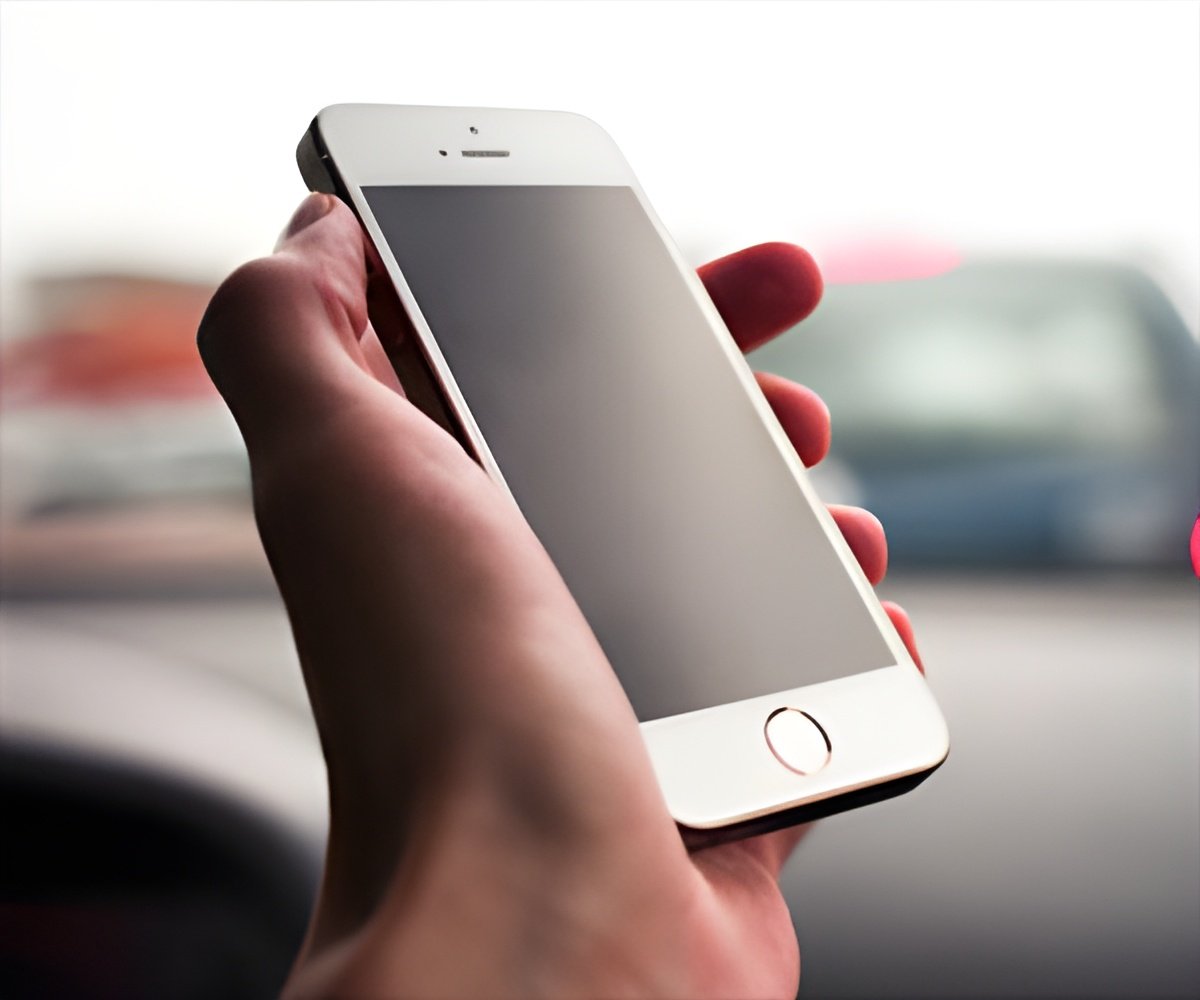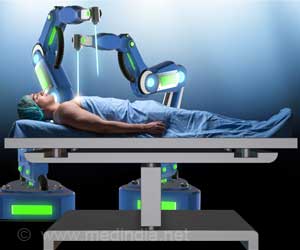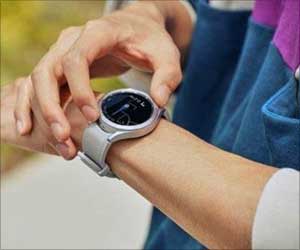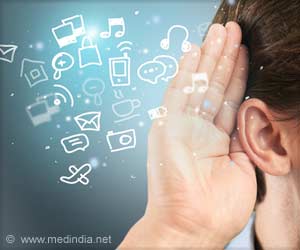
‘With the wise use of mobile-based system assisted by the advice of clinicians, patients can reduce the risk of complications.’
Tweet it Now
A team led by Alexander Logan, MD FRCP(C), Stephanie Ong, BScPhm, MSc, and Vanita Jassal, MD FRCP(C) (University of Toronto, University Health Network, and Mount Sinai Hospital) recruited 47 patients with chronic kidney disease into a 6-month study on the potential of a smartphone-based system that enabled patients to monitor their blood pressure, assess their symptoms, maintain an accurate medication list, and view key laboratory test results. Patients, of whom 60% had never used a smartphone, received real-time personalized feedback, and providers received alerts when treatment thresholds were crossed or critical changes occurred. Among the major findings:
- Average in-home blood pressure readings dropped significantly over the 6 months of the study (systolic, -3.4 mmHg; diastolic, -2.1 mmHg).
- 27% of patients with normal clinic blood pressure readings had newly identified masked hypertension (normal clinic blood pressure but elevated blood pressure outside of the clinic).
- 127 medication discrepancies were identified; 59% were a medication error that required an intervention to prevent harm.
- At the end of the study, patients reported feeling more confident and in control of their condition, and clinicians perceived patients to be better informed and more engaged.
"We were able to help patients monitor blood pressure, symptoms, and medications by enhancing and bolstering patient autonomy and confidence through immediate messages giving customized, patient-specific feedback," said Dr. Logan. "Unlike other mobile applications, we believe this is the only mobile application for outpatient use, which offers patient-driven care in a supportive, customized environment."
Dr. Logan stressed that the findings require further validation through comparison with a control group and over a longer duration of time. It will be important to assess whether the application has an impact on patients' health outcomes and the quality of care they receive.
In an accompanying editorial, Tejas Desai, MD (East Carolina University), Jerry Yee, MD, and Sandeep Soman, MD (Henry Ford Hospital) noted that the researchers' results provide a strong rationale for a randomized, controlled trial. "Although their investigation is a proof-of-principle study, their results highlight broader considerations when integrating smartphone technology with healthcare," they wrote.
Advertisement
Source-Newswise









